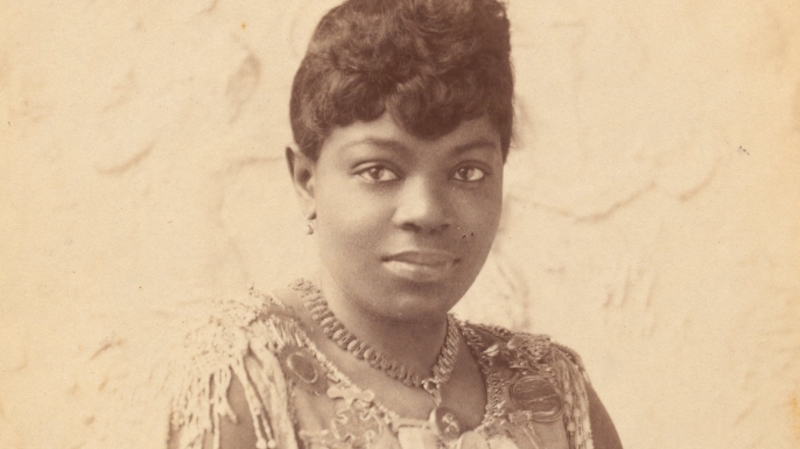Sissieretta Jones: Paving the Way to the Stage
To commemorate Black History Month, Modern Singer chose to explore the incredible life of the first African American classical diva, soprano Sissieretta Jones!
Before Leontyne Price stole Radames’ heart as Aida at the Metropolitan Opera, before Marion Anderson performed in a radio-broadcast concert on the steps of the Lincoln Memorial, Sissieretta Jones captivated audiences around the world as the premier African American soprano at the turn of the Twentieth Century.
Born in 1869, Sissieretta's family provided her with a wonderful musical foundation. Her father was a Baptist minister and her mother loved to sing in the church choir. Her love for music started in her family's church before continuing her education in Boston at the New England Conservatory of Music.
After her debut at Madison Square Garden in New York at the age of twenty-three, critics compared her to popular Italian soprano Adelina Patti, and dubbed her “The Black Patti” – a nickname Sissieretta abhorred, but was the namesake for her international touring company, The Black Patti Troubadors. The Black Patti Troubadors not only functioned as a touring company, performing spirituals, minstrel pieces, and using opera scenes and arias as closing numbers, but also served as a training group for other young African American singers and entertainers. The Troubadors toured for twenty years before disbanding in 1916.
As a solo performer, Sissieretta gained high recognition amongst world leaders and performed at many prestigious events. She sang for four different presidents over the course of her career, including President Theodore Roosevelt, President Florvil Hippolyte of Haiti, and the British Royal Family. Sissieretta was selected to perform for the Chicago World’s Fair in 1893; that same year, she befriended composer Antonín Dvořák, who later created a solo for her in his Symphony No. 9. Sissieretta was known to perform wearing the various medals and honors that she received from dignitaries. She was even gifted a tiara during a stop in the West Indies – the ultimate diva accessory!
While Sissieretta Jones faced hardships upon her return to the United States after touring and was barred from performing on many American stages, including the Metropolitan Opera stage, she was instrumental in bringing African American performers to the forefront of the classical music world. Without Sissieretta’s influence at the turn of the century, it’s hard to imagine that Marion Anderson would’ve been able to grace the Met’s stage in 1955. Modern Singer salutes you, Sissieretta Jones!
For more details on Sissieretta Jones’s life and career, visit the following links: hamptonroads.com/arts, aaregistry.org, and blackhistorypages.net
Photo Credit: National Portrait Gallery/Wikimedia Commons








